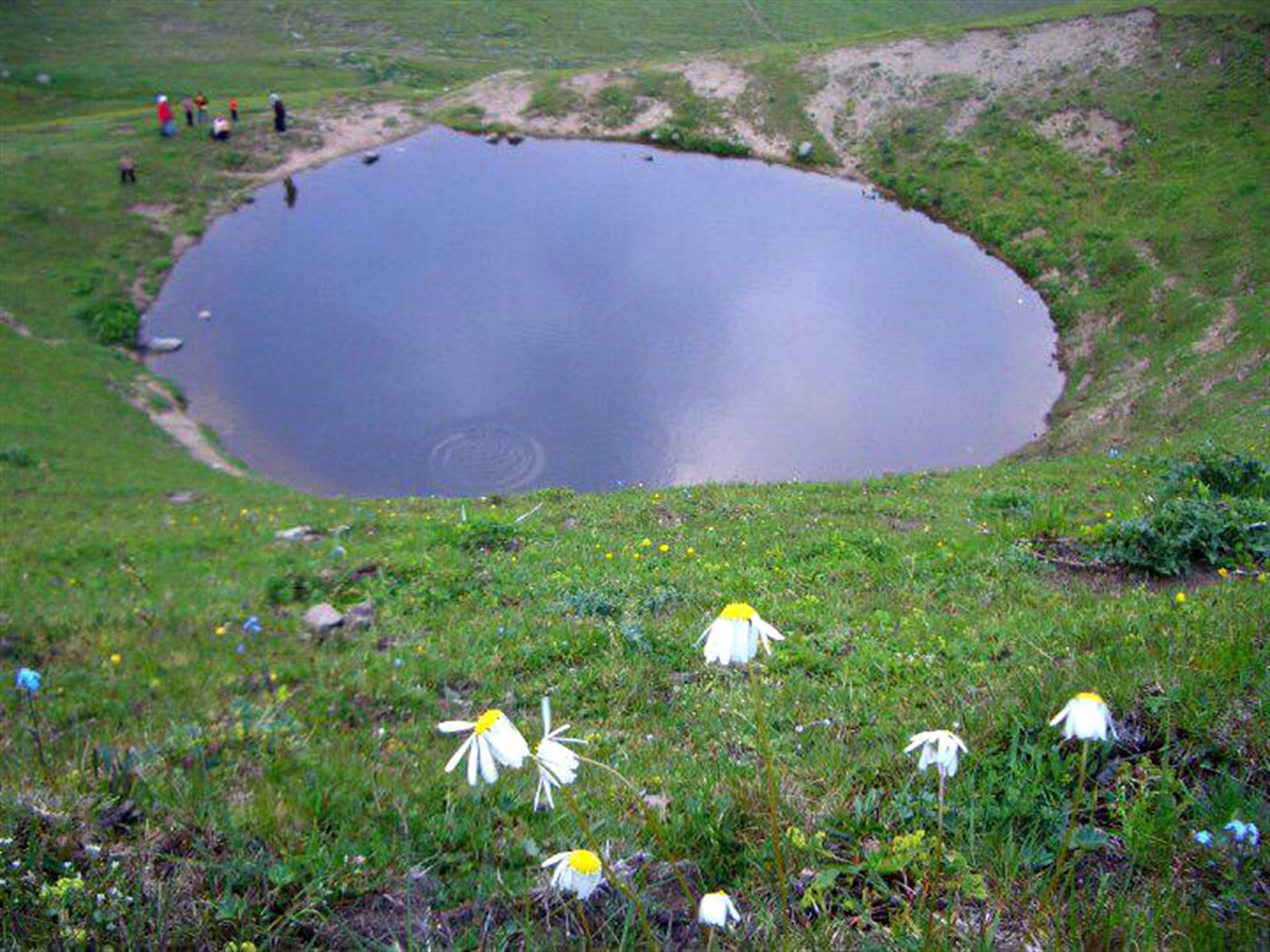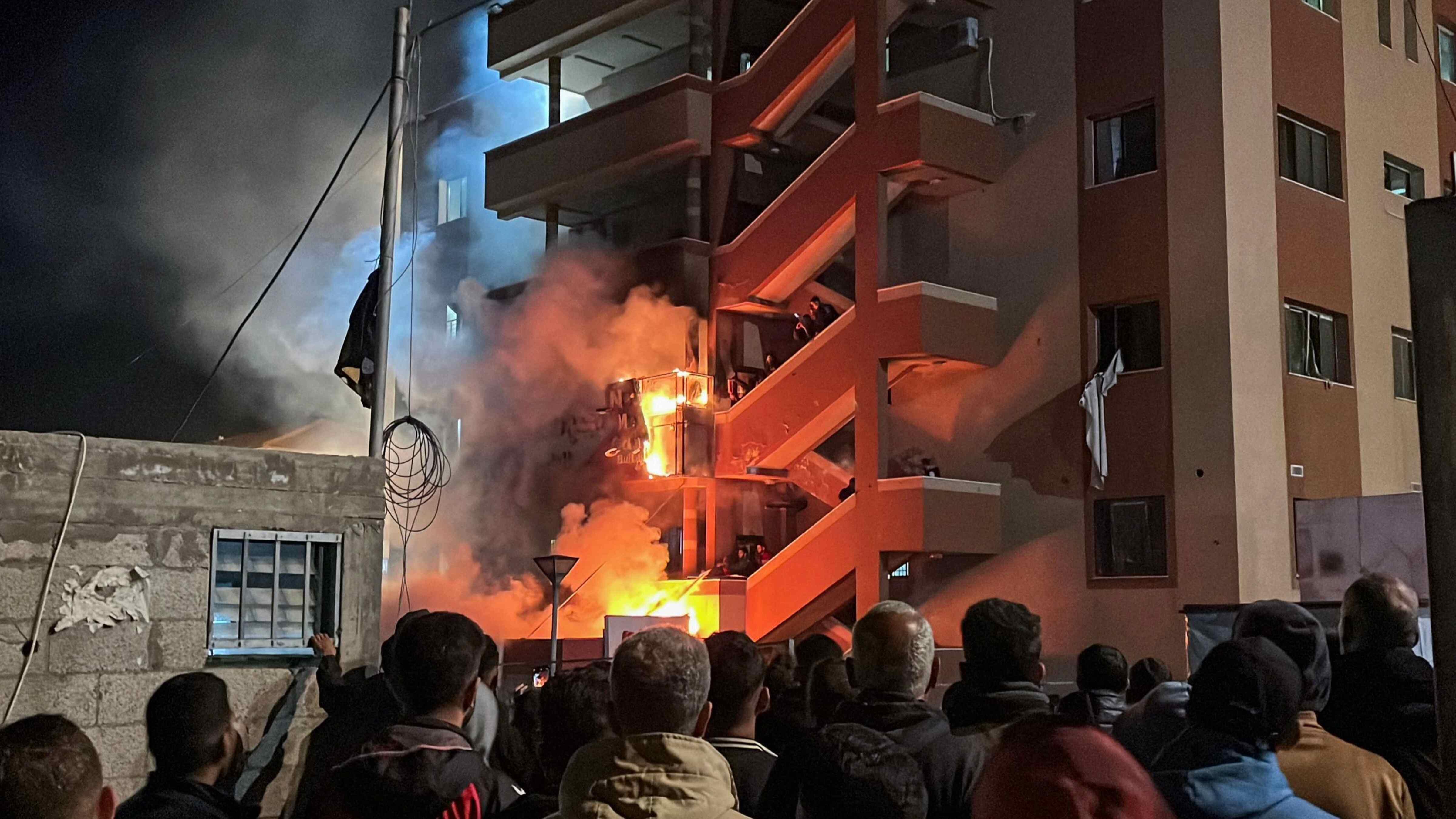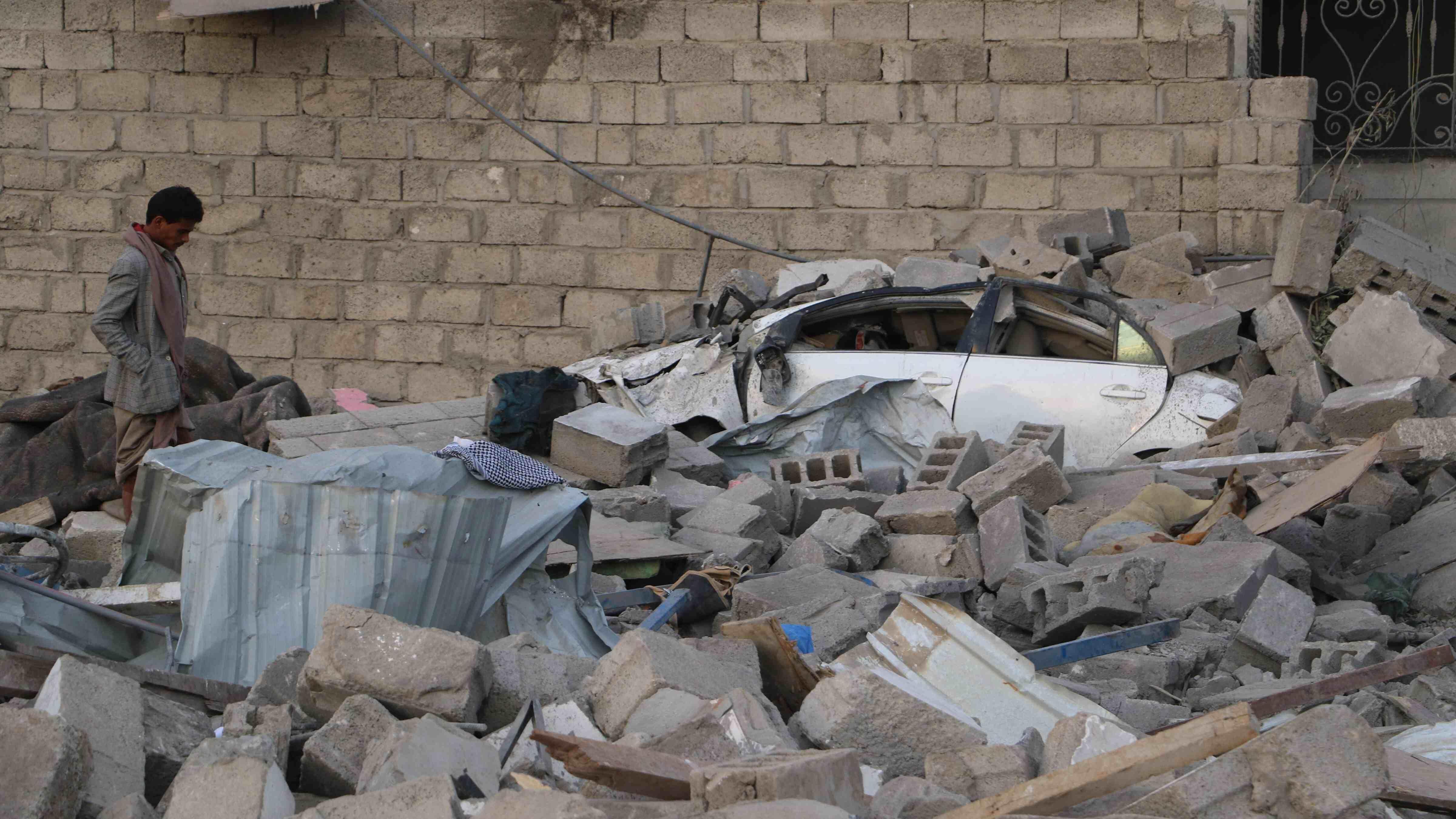Turkey’s Fathomless Lake wiped off map in treasure hunting
GÜMÜŞHANE - Demirören News Agency

A glacier lake which emerged in Turkey’s northeastern Gümüşhane province in the course of at least 12,000 years has been wiped off the map by an excavation triggered by an urban myth.
The Fathomless Lake’s water was drained after the governorship’s office in Gümüşhane allowed for an excavation work on Nov. 9.
The permission was given upon an application by an anonymous citizen claiming that the treasure of an ancient Roman legionary was at the bottom of the lake.
After the excavation works were stopped without a result after five days, it turned out that the former lake area was being filled with soil.
At least 12,000-year-old
Academics lashed out at the incident, which effectively marked the extinction of the country’s one of the rare glacier lakes.
“The glacial lakes on the Earth are remnants of the last glacial epoch and their ages vary between 12,000 and 18,000,” said geological engineer Raif Kandemir from Recep Tayyip Erdoğan University in the Black Sea province of Rize.
“There are several glacial lakes on the high elevations of our country’s mountains, particularly on the Kaçkar Mountains,” he said, referring to the mountain chain which separates city centers by the Black Sea with other northeastern cities of Turkey.
“How they dare intervene in a formation with such a value without consulting with experts? Glacial lakes have the cleanest water sources in the world. Such a source, which would be much needed by the future generations, was destroyed without impunity. How can you restore a lake which was formed in 12,000 years to its former shape?” he added.
Reports prior to the excavation had suggested that the lake would be re-filled after the treasure hunting. But even that would not be enough to limit the environmental damage, according to experts.
“Draining the water of the Fathomless Lake has had a damaging impact on the ecosystem. A database of 12,000 years has been lost,” said Ertan Düzgüneş, an associate professor of nature preservation from Karadeniz Technical University.
“The water used to re-fill the lake is the water of our [modern] era,” he added, also saying that the self-rehabilitation of the lake could take tens or hundreds of years.
Treasure of whom?
Coşkun Eruz, head of the Preservation of Natural and Historical Sites Association, pointed out that official permission should be taken from at least five state institutions for such an excavation.
“We can take permissions on condition that no species would be harmed, the ecosystem would not be damaged, and all the results would be reported to the relevant institutions,” he said.
“It is not possible that a treasure [from ancient times] would be hidden in the Fathomless Lake. What an ignorance! ... Thinking of or accepting such a thing does not get along with science, law or humanity,” he added.
Archeological excavations begun at the site of a Roman legionary base in the ancient city of Satala in the northern province of Gümüşhane’s Kelkit district in 2018.
Satala had been established around the 15th Apollinaris legion, one of the four biggest legions in Anatolia, according to archeologist Şahin Yıldırım from Bartın University.
Gümüşhane, located on a junction extending from Syria to Caucasus, was an area where important silver and gold mines existed in ancient times.
An Aphrodite bust known to have been smuggled from Gümüşhane in the 19th century is currently exhibited at the British Museum in London.
















